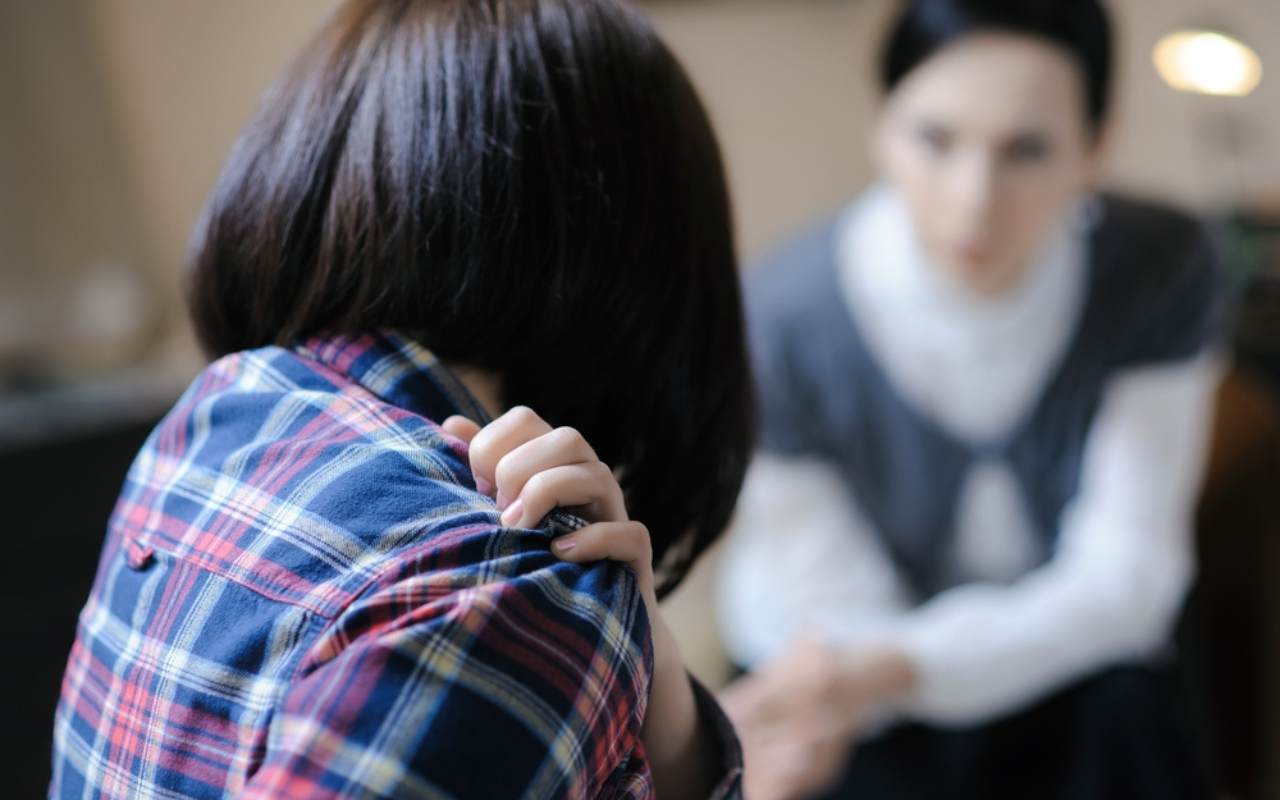General practitioners are often the first professionals to whom family violence is disclosed. Family violence educators are encouraging GPs to make use of family violence training programs to help support both themselves and their patients.
As Australia engages in the conversation about family violence, health care professionals say that GPs can help tackle family violence and need to be supported to do so.
There have been several conversations, particularly in the last month, regarding the role of GPs in preventing and supporting victims or survivors of family violence, and the importance of understanding and talking about family violence and abuse, as well as how it is reported in the media.
InSight+ asked GPs and family violence educators about the role of GPs and health care professions in early detection and prevention of family violence, and what they were doing to support GPs in their roles as first responders.

GPs as first responders in family violence
Dr Susan Barnett is a GP psychotherapist, medical educator and GP. Dr Barnett currently trains and supports other GPs in understanding and addressing family violence, in a program supported by the Royal Australian College of General Practitioners (RACGP).
“GPs practice relational medicine. We’re often the first point of contact, and we often see the whole family. We have an in-depth understanding of the community our patients live in. That’s why it’s so important to teach and support GPs in family and domestic violence,” said Dr Barnett.
Dr Barnett said that while it is a complex issue, the skills are important and can be learnt.
“It’s rare that somebody turns up saying ‘I’m in a family violence situation.’ There’s a lot of fear, mistrust and shame for victim/survivors. But we can learn to notice the subtle signs. And know how to respond in a trauma-informed manner,” said Dr Barnett.
Dr Barnett says that the stats are significant.
“The data tells us that one in ten health professionals ask patients about domestic violence, and that 9/10 women have never been asked about family violence by a GP. One in four women who see a GP and have depression, have experienced family violence in the last 12 months,” said Dr Barnett.
“Figures from a national survey in Australia clearly show women are more likely to be victims, particularly of sexual violence. Women are also more likely to be injured and killed than male victims,’ said Dr Barnett.
Family violence can affect anyone
Dr Nicole Higgins is president of the RACGP. Dr Higgins says that awareness is paramount.
“Domestic and family violence affects all genders, all cultures and all demographics across rural, urban, cultural and linguistically diverse communities. We must be aware of it in every consultation,” said Dr Higgins.
“Many of our GPs and GPs-in-training have lived experience of domestic violence and abuse. It’s not just our patients, but our colleagues who are experiencing this,” said Dr Higgins.
“Family violence training is part of the curriculum for our medical students and registrars; they’re taught all the way through. We need to empower our practice teams, administrative staff and nurses to feel comfortable to ask, ‘Are you safe?’” said Dr Higgins.
Supporting GPs to support victims/survivors
Dr Barnett says that a lot of GPs are concerned about how to ask about family violence.
“GPs don’t want to get it wrong or embarrass the patient,” said Dr Barnett.
“For example, a patient comes in and the GP picks up that they’re anxious. They ask, ‘How are things at home?’ And the patient says, ‘Oh, my partner gets angry sometimes, but they’re just stressed,’” said Dr Barnett.
“I will say, ‘Look, I just need to check, because sadly, family violence is incredibly common. You mentioned that your partner gets angry at you. Can you tell me a little bit more about that? Do you feel safe when you’re at home?’” she said.
“We need to know how to recognise, respond, refer,” said Dr Barnett.
Dr Barnett said that GPs must also make sure that they themselves are supported.
“It can cause vicarious trauma for the doctors. Don’t do it alone. Become familiar with 1800 RESPECT, and your local services, too.”
More resources needed
Dr Barnett said that there are several practical changes that would support GPs in supporting victims/survivors.
“GPs need better training, but also better Medicare rebates for longer consults. They need a Medicare item number to bill for the extra time liaising with support services. And certainly, Victoria is talking about that with the new MARAM guidelines,” said Dr Barnett.
“The RACGP has just started a webinar series for registrars on family violence. We need more of these, such as the Safer Families program in Victoria,” said Dr Barnett.
“Our goal is to empower the victim/survivor and let them know they are not alone.”
Subscribe to the free InSight+ weekly newsletter here. It is available to all readers, not just registered medical practitioners.

 more_vert
more_vert